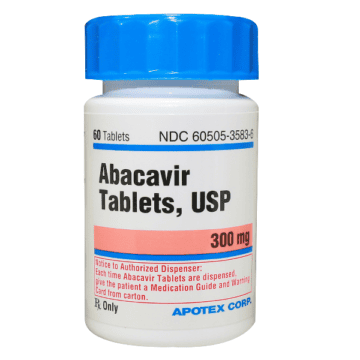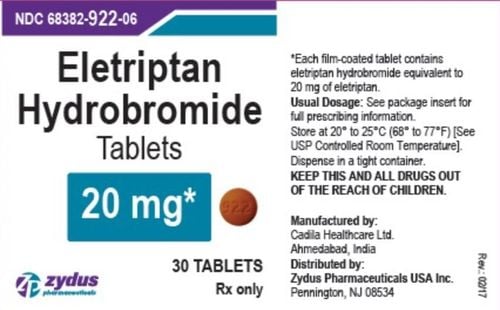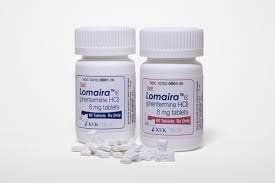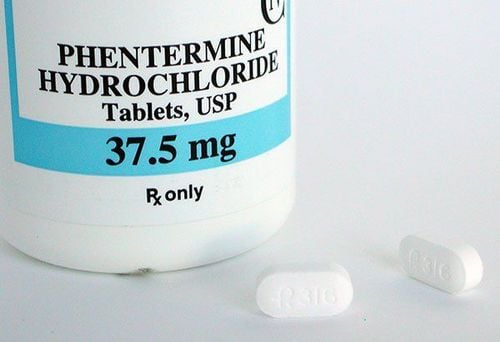This is an automatically translated article.
The article is professionally consulted by Specialist Doctor I Tran Quoc Vinh - Emergency Doctor - Department of Resuscitation - Emergency - Vinmec Nha Trang International General Hospital. Doctor Tran Quoc Vinh has more than 6 years of experience (starting in 2011) in the field of Emergency Medicine.Obesity is always a dilemma for the medical profession, this chronic disease not only affects the psychological life of the patient but also seriously affects the health of the heart, by obesity and cardiovascular disease. have a very close relationship.
1. What is obesity?
Obesity is a chronic disease, which occurs due to an excessive increase in body fat, which promotes and causes adipose tissue dysfunction.Currently, the obesity rate is increasing, especially in developing countries, including Vietnam. It not only affects the physique, causing low self-esteem for the patient, but also increases the risk of other serious diseases such as diabetes, high blood pressure and especially cardiovascular disease.
According to researchers, people with obesity often have a BMI of ≥30 kg/m2 (according to the World Health Organization WHO) or ≥ 25 kg/m2 (according to IDI and WPRO for Europeans). Asia, including Vietnam). In addition, people aged 40-59 who are obese are much more likely to develop cardiovascular disease than those with a normal weight.
2. What causes obesity?
It can be said that the cause of obesity is multifactorial. Major factors that contribute to this disease include:Genetic factors: More than 140 genetic chromosomal regions associated with obesity have been identified. Genes associated with BMI and adiposity are generally highly expressed in the central nervous system. In addition, the increased genetic risk for adult obesity may also be passed on to future generations. However, this cause only accounts for a very small percentage (about 10%). Lifestyle: Less physical activity due to the characteristics of daily work or unhealthy eating habits (frequent snacking, eating a lot of sugar, fat, starch, eating late at night, ..) are the main causes of obesity. In addition, other causes also lead to obesity such as disrupted sleep, mental stress, neurological dysfunction, viral infections, age problems, drug use.

3. The relationship between obesity and heart disease
Obesity not only makes the patient unsightly, but also causes many different diseases. In fact, obesity and heart disease have a very close relationship, they correlate cause many diseases for people. Specifically as follows:Obesity increases the risk of cardiovascular diseases
Obesity is associated with an increased risk of metabolic and cardiovascular diseases. According to Harold Bays, MD, FACC, an excessive increase in body fat leads to enlargement of the atria, ventricles and atherosclerosis, which directly contribute to cardiovascular disease. Furthermore, increased body fat indirectly through the promotion of sleep apnea, thrombosis, and the onset or worsening of metabolic diseases are major risk factors for cardiovascular disease. , including dyslipidemia , type 2 diabetes , high blood pressure and metabolic syndrome .
Obesity is associated with inflammation in cardiovascular disease
Obesity promotes the risk of systemic inflammation, and conversely inflammation can promote body fat. Chronic systemic inflammation, together with the accumulation of hypogastric adipose tissue, is commonly found in individuals with obesity. This increases the risk of atherosclerosis, in which the bad lipoproteins, LDL-C, promote and form plaque. When the plaque on the vessel wall is broken, it will lead to the formation of blood clots leading to heart attacks, cerebral strokes, mesenteric artery occlusion, lower extremity artery occlusion,...
In addition, Chronic inflammation and fat accumulation in the hypogastrium are strongly associated with the presence, severity, and progression of coronary artery disease. Normal epithelial adipocytes function similarly to fat cells from brown adipose tissue, helping to burn fatty acids and nourish adjacent tissues. They secrete adiponectin, which helps to reduce inflammation and fibrosis in the coronary arteries and heart muscle. In contrast, hypogastric fat in obese individuals is prone to breakdown, leading to fatty acid release and inflammatory response. In obesity, adiponectin secretion from hypogastric fat is reduced and proinflammatory adipokines are released, promoting macrophage infiltration, destruction of microvascular systems, and activation of fibrosis pathways. .
Obesity reduces the function of the heart
According to the American Heart Association, people with obesity often have a higher risk of heart failure, stroke or some other cardiovascular diseases. This stems from the development of atrial fibrillation due to obesity, which causes the heart to arrhythmia and gradually form blood clots.
Obesity makes the heart work harder
When the body is obese, it will make your heart work harder and more stressed. If this condition continues for a long time, it can lead to heart failure.
Obesity usually exists in two forms:
For men: excess fat is usually concentrated in the abdomen (called beer belly) For women: excess fat is often accumulated in the buttocks and thighs. Cardiologists often recommend that: men should keep the waist below 90% of the buttocks, and women should keep it below 80%. However, you can completely overcome your obesity to reduce your risk of cardiovascular diseases.
4. How to control obesity?
If you are unfortunate enough to be overweight or obese, you should not be too worried. To reduce the risk of cardiovascular diseases caused by obesity, you should follow these methods:Lose weight: This is the first and most important step in the journey against obesity obesity and cardiovascular diseases. You will clearly feel the changes in your body when you lose at least 5kg. Blood pressure, blood glucose levels, cholesterol and other inflammatory factors also begin to drop. It is important that you strictly follow a reasonable diet that has been specifically instructed by your doctor, such as eating lots of green vegetables and fresh fruits, supplementing with whole grains or other types of vegetables. foods from fish, meat, legumes, walnuts, low-fat milk, etc. In particular, patients should also avoid eating a lot of sweets, foods containing high sugar or fried foods. through processing. Limit beer, alcohol: Alcohol is a stimulant, not only harmful to overall health but also increases the risk of obesity and cardiovascular diseases. So, if you are a person who has a habit of drinking alcohol, beer; It's best to limit them. Exercise regularly: You should spend at least 30-60 minutes a day doing exercises that are suitable for your health status. These exercises include running, swimming, cycling, aerobic... They are especially effective in burning body fat, increasing muscle mass, helping you regain a fit figure and keep your heart healthy.

Please dial HOTLINE for more information or register for an appointment HERE. Download MyVinmec app to make appointments faster and to manage your bookings easily.
Reference source: acc.org













